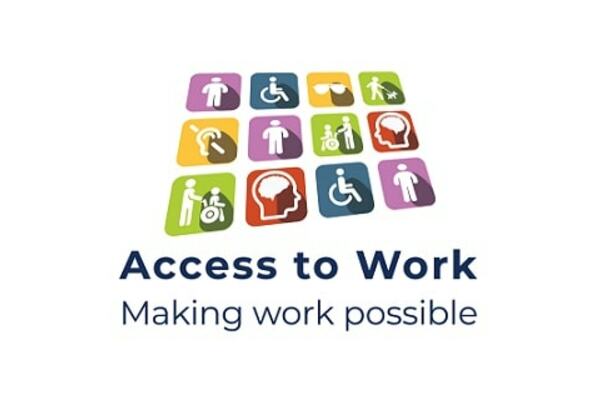Overview
Disabled Students' Allowances (DSAs) help pay for extra costs a student might have as a direct result of their disability, including a long-term health condition, mental-health condition or specific learning difficulty such as dyslexia or dyspraxia. They must meet the definition of a disability under the Equality Act 2010.
DSAs don’t usually have to be paid back, unless the student leaves their course early.
The student may have to attend an appointment at a study needs assessment centre to talk to a specialist about what type of support would help them.
History
From 2003 to 2006, UMHAN members were involved in the DfES Working Group on Disabled Students' Allowance and contributed to the recognition of the applicability of this allowance to people with mental health difficulties.
In 2010, UMHAN members made suggestions to Student Finance England regarding the "Bridging The Gap" student support guide for the Disabled Students' Allowance.
Now
UMHAN continues to represent members and students providing regular input to the Disabled Students Stakeholder Group (DSSG).
For students with mental health difficulties, the most difficult part of applying for DSAs is often obtaining evidence which meets the funding body's criteria. For students in England, there is now an evidence proforma, which is usually the most straightforward way of ensuring the evidence is accepted.
For more information about this, and also DSA application forms, see the Student Loans Company practitioners website. The website also gives a general overview on the different elements of the allowance, including maximum amounts. Recent updates to guidance can be found on the policy page.
Student Finance Wales and Student Awards Agency Scotland (SAAS) also fund Disabled Students' Allowance, but with slightly different parameters.
Disability Rights UK provide a free helpline for disabled students, parents and professionals.
UCAS have a webpage with lots of information about Disabled Students' Allowance which includes information about applying in Scotland, Northern Ireland and Wales.
Photo by Andrew Neel on Unsplash.








